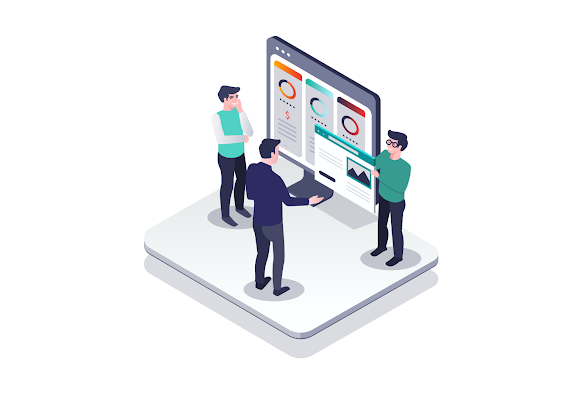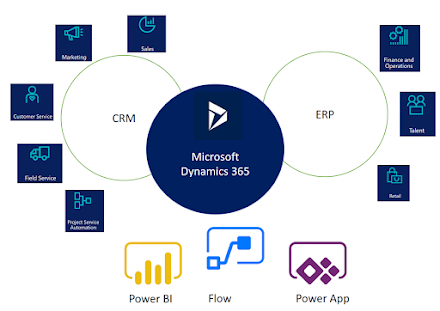Trending additional classes in school
Technology will undoubtedly shape the future of schooling. For the younger generation of educators and learners, the new teaching methods that emerged in the aftermath of the epidemic have shown to be beneficial. Now it's a matter of obtaining mental space in the shape of excellent lesson retention, thanks to an instruction that fit in the palm of a student's hands. In the months since the abrupt move to digital schooling, some interesting themes have emerged.
Deep technology
To meet the evolving needs of digital learners, a slew of innovative learning methodologies have been devised. One of the developing trends for 2021 is gamification via virtual and augmented reality technologies. Courses that use these technologies as a foundation tap into people's natural desire to learn and build actual abilities outside of the classroom. Lesson concepts are kept better through interaction with the student, which transforms them into such an active learner throughout time with appropriate utilization.
Emotional and social learning
The process of acquiring self awareness, self control, and relational skills that are necessary for school, career, and life success is known as social emotional learning (SEL). Because of the pandemic's consequences on children's social and emotional life, there is a greater emphasis on this component of learning in today's school curriculum. Educators prioritize aligning learning goals with social - emotional learning benefits, and the display of such learning experiences promotes the academic establishment among family and higher education students.
Personalized Education
Differentiated instruction has been increasingly popular over the last few years. Each kid can develop at their own rate, a school curriculum that is flexible to a student's particular needs is more likely to foster student progress. Adaptive software packages also enable educators to use the programme with all of their pupils, even those with learning difficulties.
Vocational education
Another new educational trend is the emphasis on providing vocation-based education and practices. Because today's career prospects are adjusting to a vast information audience and remote-work settings, students will need to develop a project-based learning attitude in order to fit into the new stream of occupations. To develop their skill sets, individuals must be taught effective methods that they can use to various challenges. Institutes have been working to bring in industry experts and experts in the field to coach students on these areas and provide them with a well-rounded education since the mission of the education policy. Soft qualities such as teamwork, time management, and organizational abilities can also assist pupils succeed academically.
Virtual and Augmented Reality
Whenever learning involves video, audio, and pictures, which are not present in typical lectures, knowledge retention improves dramatically. This is one of the reasons why schools have enthusiastically embraced virtual reality.
In fact, this is about more than just seeing something; it's about experiencing it, which helps kids learn more effectively. Teachers may find this to be a viable choice for teaching complicated ideas in a shorter amount of time while also increasing information retention. Because students are just experiencing the content, augmented reality could bring learning to a different extreme.
Learning experiences that are unified
This is what a student's final year of school looked like. Now it is possible to develop a study path from elementary school to college using technology. Students can carefully examine the subject they want to do after school thanks to the unification of all information relevant to examinations, entry requirements, and college specifics. The accessibility of such information to areas of learning recruiters also aids them in making well-informed decisions about student intake and admissions. Platforms like Ken42 allow universities to construct their educational architecture and modify it to meet the needs of their students and teachers. This trend of readily available information in a format of an unified platform to view any student's information throughout their academic careers is innovative.
The Internet of Things (IoT)
This is, in fact, a hot topic in the subject of education's digital transformation trends. Rather than only improving energy efficiency, IoT is providing opportunities for school administrators and teachers to better plan everyday school activities. This also includes features such as real-time sharing of student outcomes with the other teachers or parents, as well as the ability to conveniently track the fulfillment of home assignments.
Experiential Education
Experiential learning, as according Western Gov. University, is an approach that helps to learn and improve abilities outside the class. Experiential learning opportunities for primary pupils may be limited. However, you still can get the most of every method by sending students on virtual or real-world field trips and giving them projects that push them to study outside of the classroom.




Comments
Post a Comment